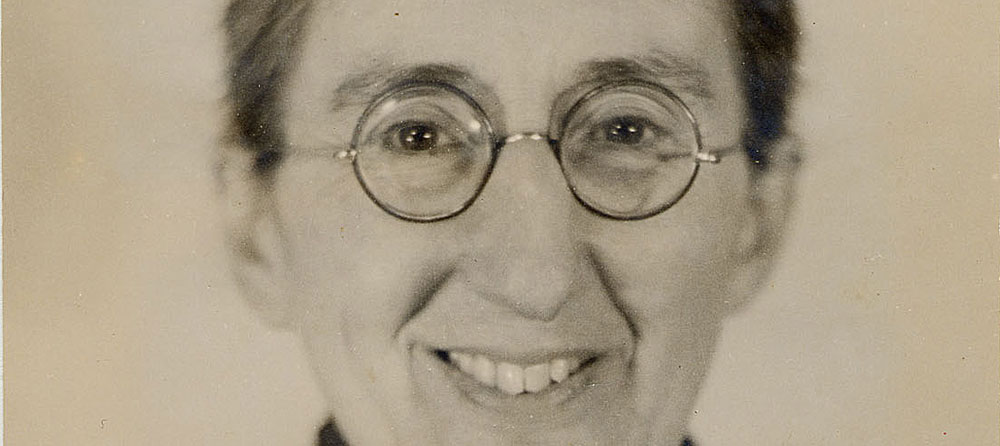
 |
WOMEN WORKING FOR PEACE |
||
THE MEN WHO SAID NO | ROAD TO CONSCRIPTION | CONSCIENTIOUS OBJECTION | PRISONS | SENTENCED TO DEATH | TRIBUNALS | WIDER CONTEXT | INDEX |
||
 |
||
| RUTH FRY | WOMEN WORKING FOR PEACE | |
|
Ruth Fry’s peace work was in the provision of relief, as Secretary of the Friends’ War Victims Relief Committee (FWVRC) from 1914 to 1923. Anna Ruth Fry was born in 1878, the daughter of a Quaker judge, Edward Fry, and sister of Joan and Roger, amongst others. In 1904 she supported the fund set up by Emily Hobhouse to help the destitute women and children of the Boer war in South Africa, by becoming Treasurer of Boer Home Industries and Aid Society. When WW1 began, she took on the task as Secretary of FWVRC, and was described as ‘a sort of generalissimo-cum-quartermaster, responsible for a vast programme of supplies, administration, personnel management, public relations, fund-raising, leadership and inspiration.’ She travelled all round the country, and to the USA, on speaking tours. She also visited the places where Friends were working to provide relief, going to the refugee camps in Holland in August 1915, on which she commented that ‘One carried away the impression of people lying on shelves, as useless as bulbs in summer.’ After the war she travelled to Belgium, seeing streams of refugees, but discovering the Belgians wanted to stand on their own two feet. She then made the difficult journey with two companions to Poland where there was a typhus epidemic, organising a relief fund on her return. In 1921 the famine in Russia led her to become the first Chairman of the Russian Relief Fund, travelling herself to Russia three times between then and 1925. Her own health never recovered from all her hard work in this war and post-war period. She concentrated in later life on writing books and pamphlets about her experiences and her Quaker beliefs, and she was Treasurer of the War Resisters’ International for some time. She died in 1962.
|
|
|